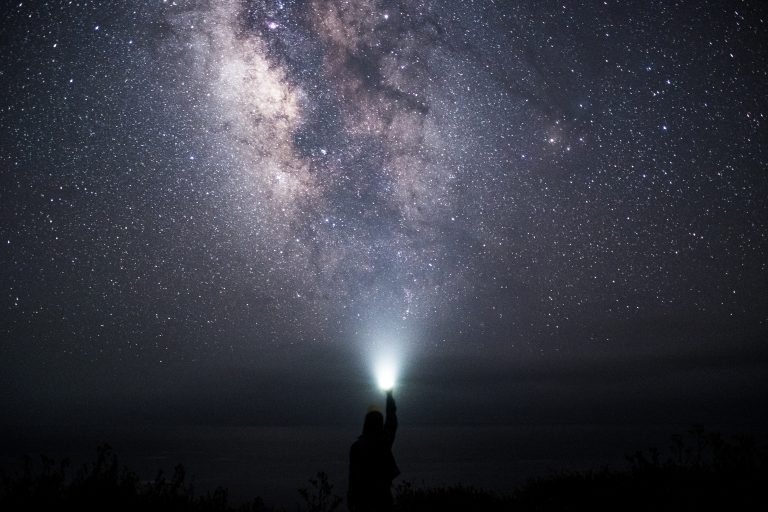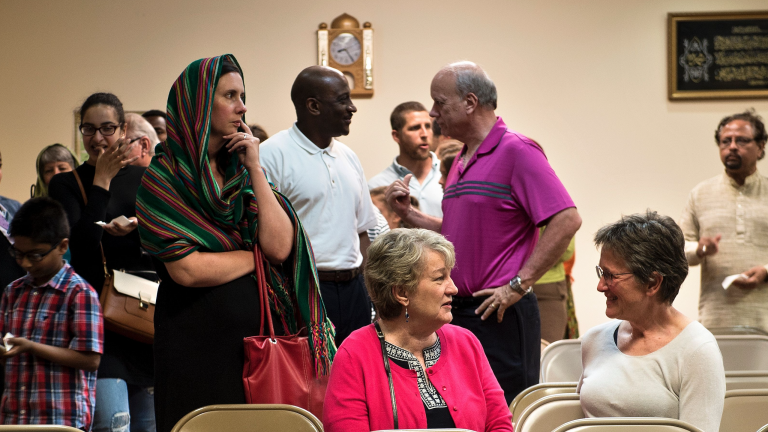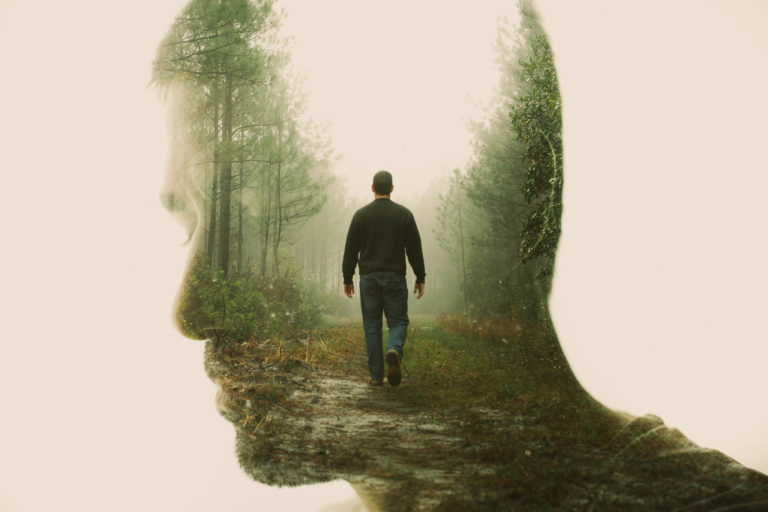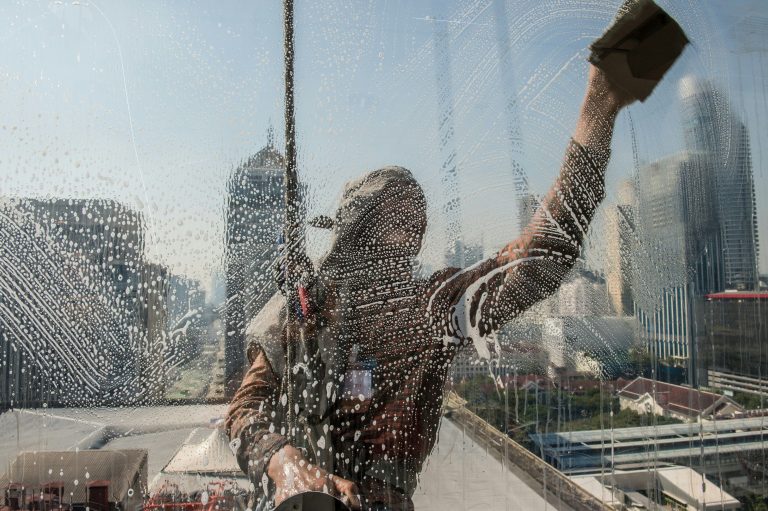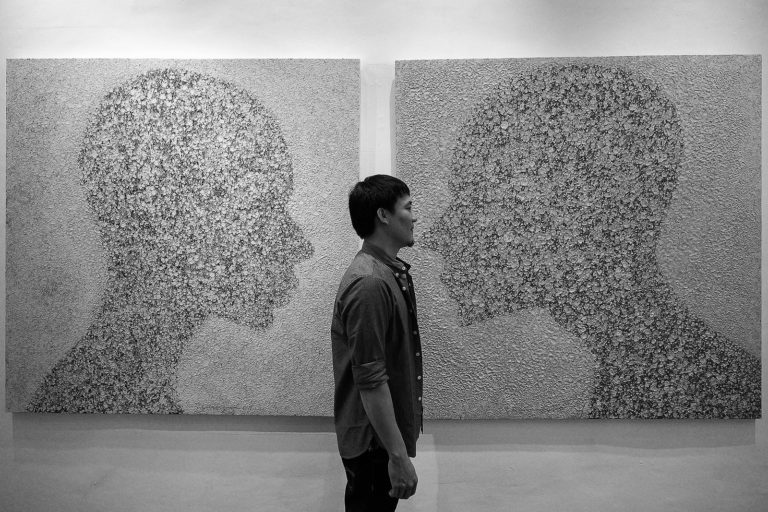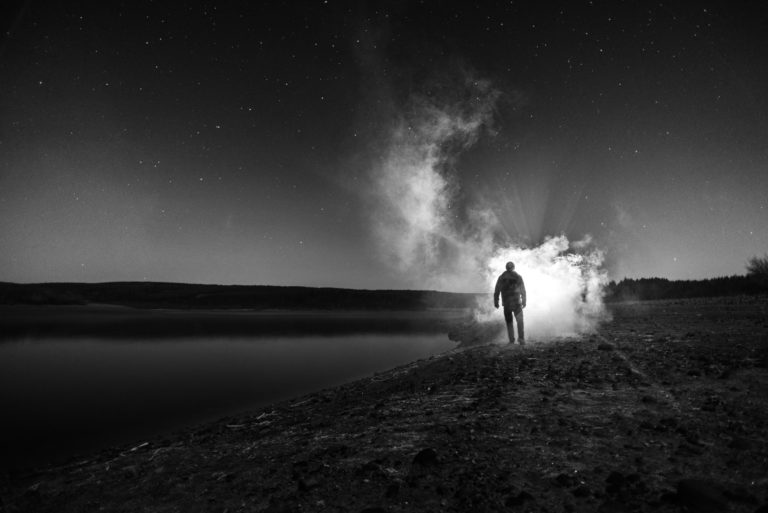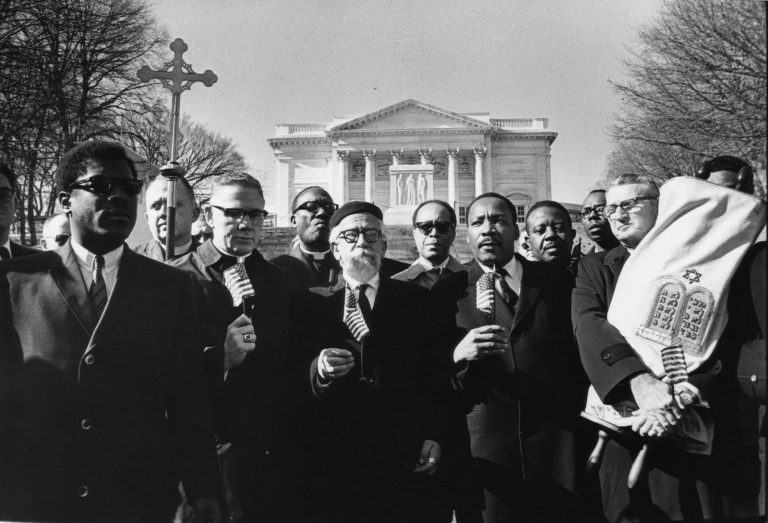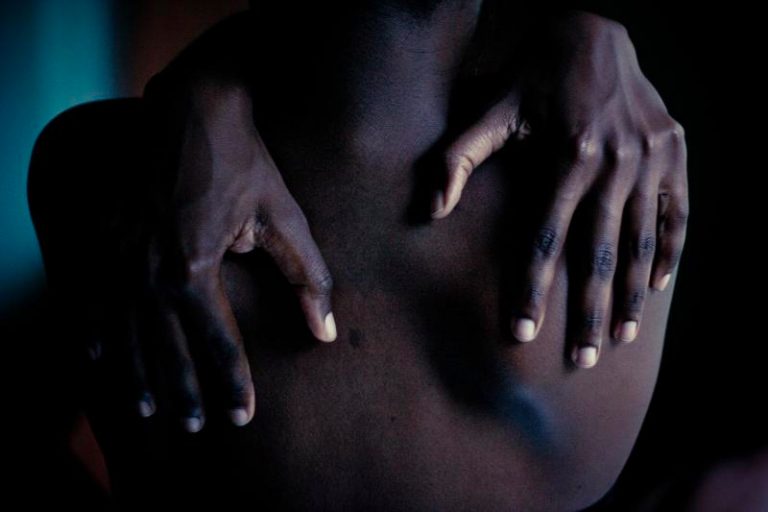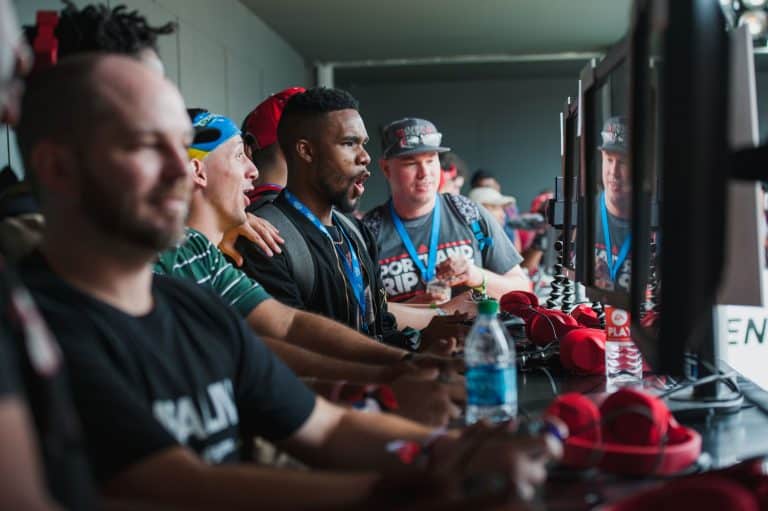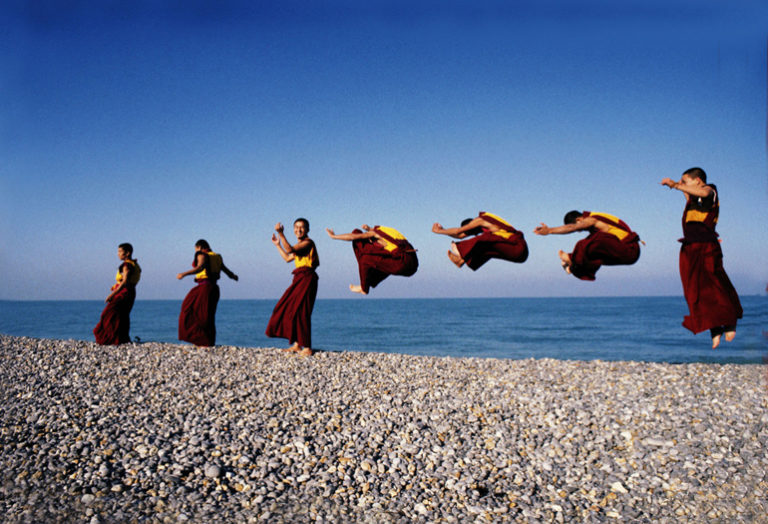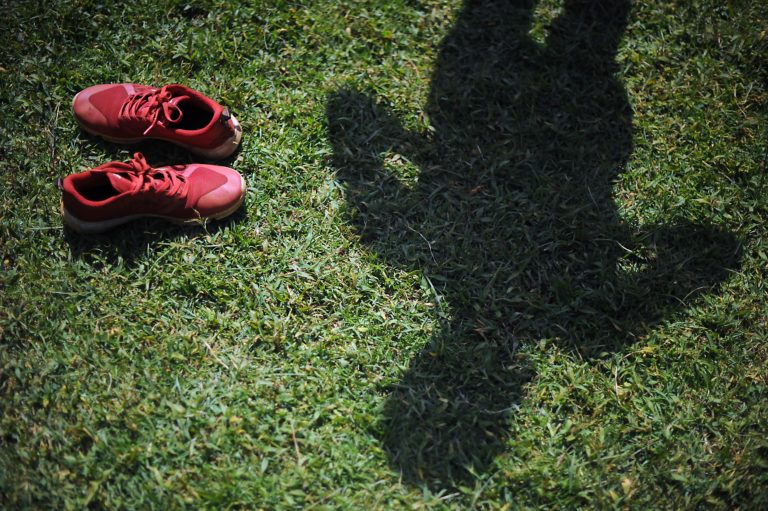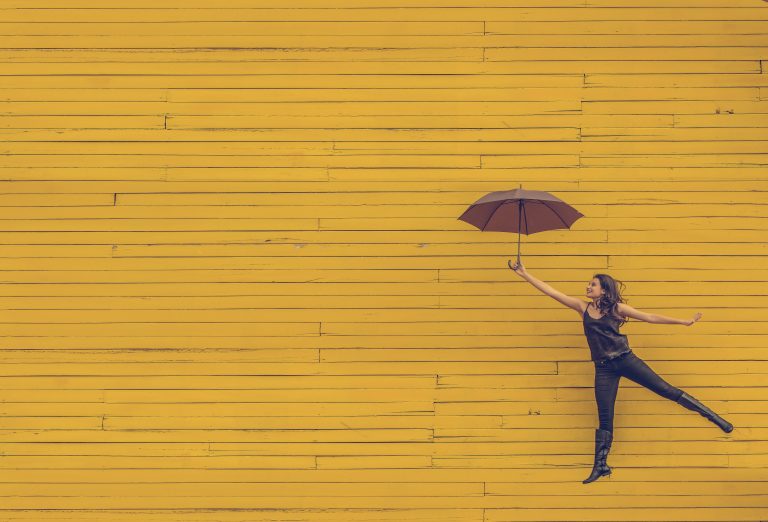January 18, 2018
Kevin Kelly
The Universe Is a Question
“It’s very likely that the universe is really a kind of a question, rather than the answer to anything,” says philosopher technologist Kevin Kelly. He was the founding editor of WIRED and is an original thinker on shaping the character and spiritual meaning of technology. He says our role as good askers of questions will remain the most important contribution of our species in a coming world of AI.





